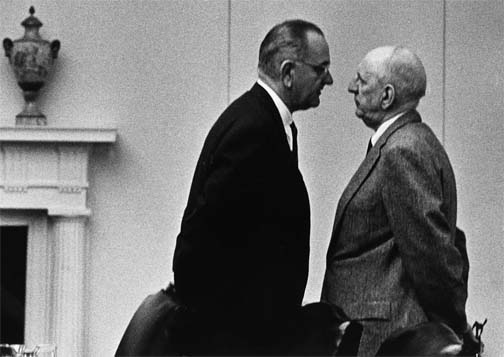Neil Gaiman and the Joys of Drafting with Pen and Paper
It may be that putting pen to paper is the perfect way to compose first drafts. Tim Ferriss’s interview with Neil Gaiman has made me rethink my approach to drafting briefs and motions. Neil Gaiman is my favorite fiction author. And I loved much of his approach to writing, from the habits he uses to stay focused to his craft of putting pen to paper. Not until I listened to the podcast did I know about the notebooks and fountain pens.
Gaiman composes his first drafts in a nice notebook using fountain pens.. In an earlier interview, he described how the switch to notebooks changed everything for him. “I was sparser, I would think my way through a sentence further, I would write less, in a good way. And when I typed it up, it became a very real second draft – things would vanish or change. I discovered that I enjoyed messing about with fountain pens, I even liked the scritchy noise the pen nib made on the paper.”
There is much here for legal writers to emulate. When I was in my first year of seminary, I enrolled in a seminar course on religion and literature. The professor started off the class with a writing exercise. We wrote by hand for a few minutes (laptops were rare then), crumpled up our page, and threw them to the middle of the table. Then we started again. His rationale was that the warm up phase of writing was not likely to produce much in the way of quality. The secondary lesson was that nobody ever needs to see a first draft. In legal writing, the court will absolutely never see your first draft because only pro se people and sovereign citizens turn in handwritten stuff.
I’ve experimented with handwritten motions, pleadings, letters, and this blog post. And there is something relaxing — almost luxurious about it. Also, the typing draft bears little resemblance to its handwritten ancestor. It is difficult to type an exact duplicate without implementing changes.
I’m reminded of other writers who draft with pen and paper. Civil War historian Shelby Foote took it to another level, with an elaborate process that involved a dip pen. At one point in time, he is said to have purchased up all remaining dip pens in the country. He said in an interview:
I use a dip pen. Everybody on earth used to have one. They were in every post office in the land. I like the feel that a pen or pencil gives you, being in close touch with the paper and with nothing mechanical between you and it. The very notion of a word processor horrifies me. When I’ve finished a draft, I make changes in the margin. Then I make a fair copy. I also edit the fair copy somewhat when I type it on big yellow sheets so I can see it in print for the first time. I correct those outsized yellow sheets, then retype them on regular eight and a half by eleven pages for the printer. I’ve had poet friends tell me they never type a poem until they are really satisfied with it. Once they see it in print it is very different from what it was in longhand. It freezes the poem for them.
My favorite presidential historian, Robert Caro, uses a hybrid process of outlines and handwritten prose for his first drafts. “First you fill it in in handwriting, and then you sit there for weeks going through the files, putting in the best anecdotes,” he says.
I like my experiment so far. It is relaxing to write by hand with a fountain pen. My tool of choice is a Dryden Design fountain pen I received as a gift. And I have some notebooks ready for briefs and other large-scale writing projects. For everything else, I love the feel of Docket Gold legal pads. The paper is heavy, and the cardboard backing has heft. You can take notes without much need to press the legal pad onto anything else. Also, paper does not receive texts or twitter notifications. And there is no newsfeed to pull you away from writing. My favorite writers may be on to something. I write this after spending about a decade moving to a paperless process.

